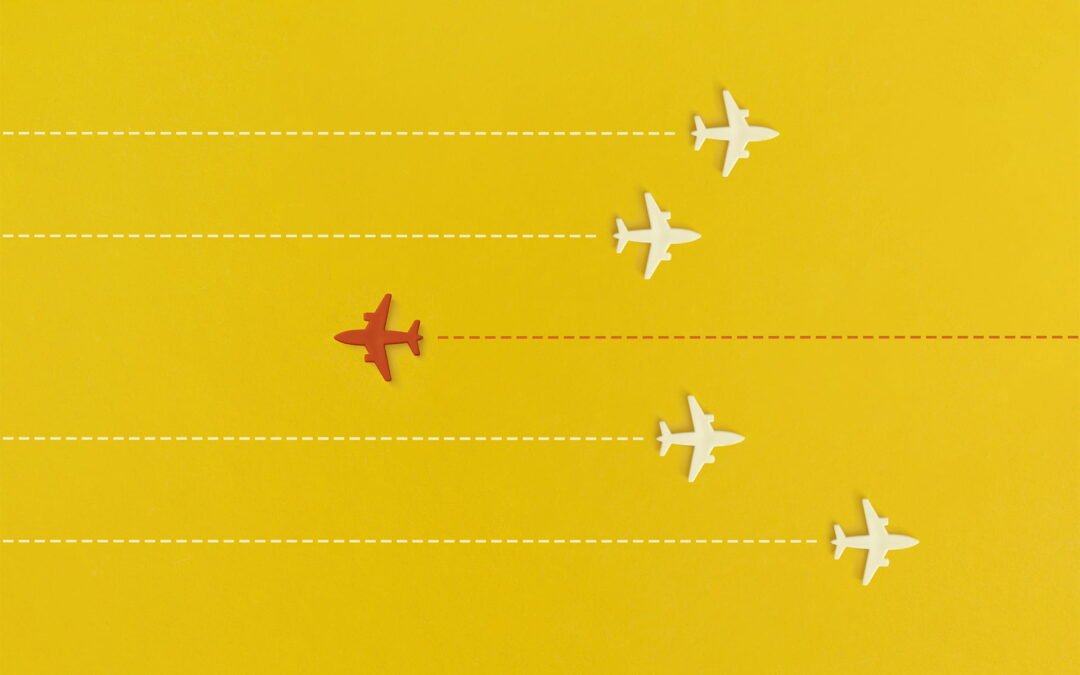The Confédération des Petites et Moyennes Entreprises (CPME) has warned of the threat posed to the country’s air connectivity by France’s current tax policy, at a joint press conference with the Union des Aéroports Français (UAF), EasyJet and the Fédération Nationale de l’Aviation et de ses Métiers (FNAM).
While Italy, Spain and even Portugal are recording a surge in traffic (+13% to +17% since 2019), France is dropping by 4%, a strategic step backwards, according to the professionals present.
A tax system that penalises the entire tourism ecosystem
Air transport will account for almost 40% of international tourism revenues in 2023. Increased taxation is not only slowing down passenger flows, but also investment in the sector’s ecological transition.
Territorial competitiveness under threat
Business aviation, which is often caricatured, fulfils vital functions: 80% of flights meet business needs, and 75% serve areas with no fast rail alternative. Eliminating these routes would mean isolating regions and harming the activities of regional SMEs.
“France risks seeing its tourism potential eroded, remaining a giant in terms of visitor numbers but a dwarf in terms of economic spin-offs “, sums up Amir Reza-Tofighi, President of the CPME.”
A call for a value strategy
The CPME is in favour of a coherent aviation policy, integrated into an ambitious tourism strategy: attracting more contributing visitors, extending stays, better distributing flows.
“We urgently need to move away from this logic of disguised decline and build a coherent tourism policy that finally recognises air travel as a lever for development in the service of national attractiveness “, adds Thomas Juin, President of the UAF.”
A united front for the sector
CSAE supports these warnings. It points out that the weakening of air transport also jeopardises thousands of jobs in ground services and weakens the economic equilibrium of the entire airport industry.
Find the full CPME position on their website.

